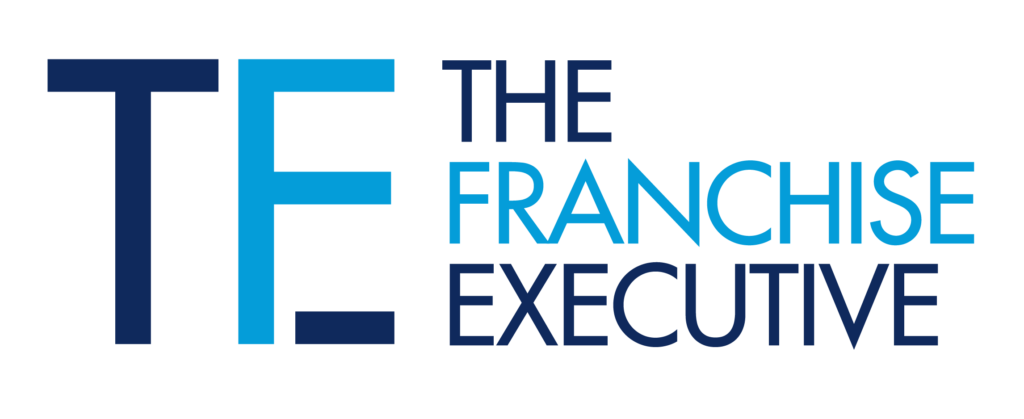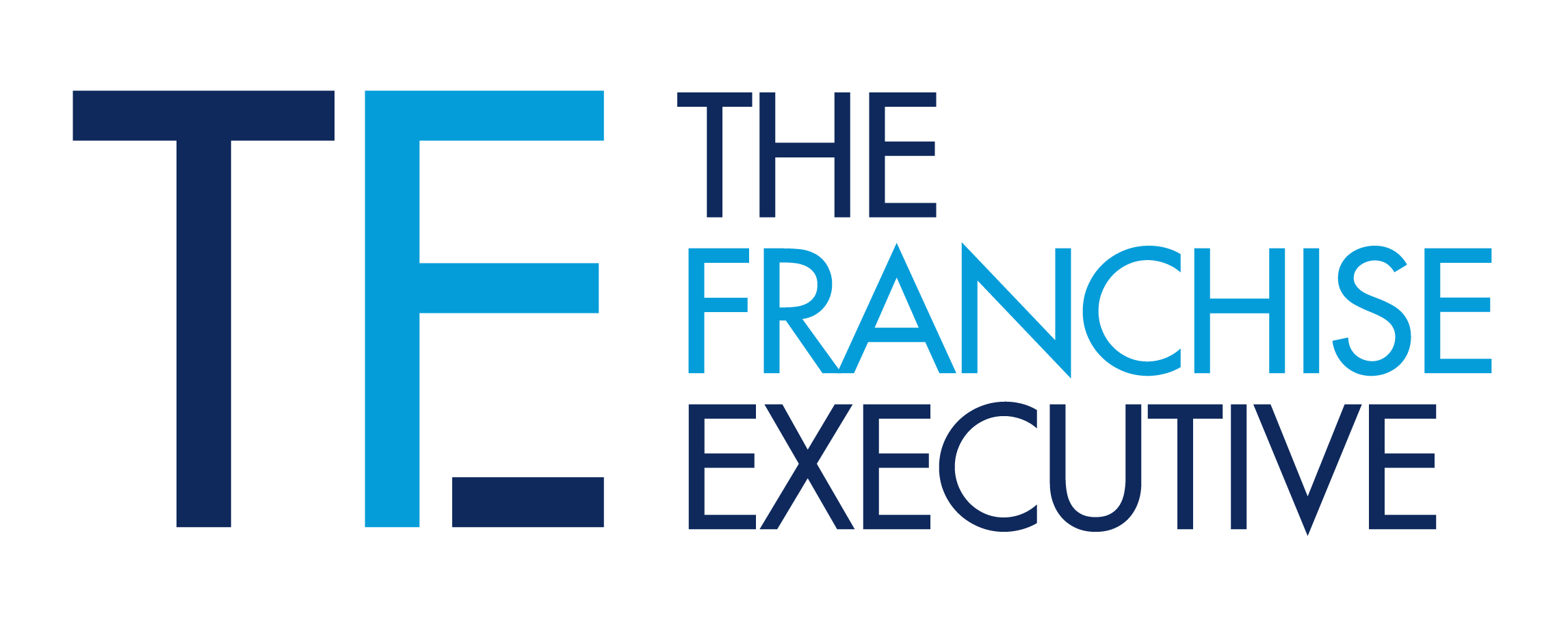8 Ways to Finance Your Franchise
When it comes to financing a franchise, there are several options available. The best approach will depend on your financial situation, creditworthiness, and the specific franchise you are interested in. Here are some of the most common and effective ways to finance a franchise:
- Personal Savings: Using your personal savings is often the easiest and least expensive way to finance a franchise. It eliminates the need for debt and interest payments, and it shows potential lenders that you have a vested interest in the business.
- Traditional Bank Loan: Many banks offer loans specifically for franchise businesses. These loans typically require a detailed business plan, collateral, and a good credit history. It’s important to shop around and compare terms, interest rates, and repayment plans from different banks.
- Small Business Administration (SBA) Loan: The SBA offers loans to small business owners, including those looking to start or expand a franchise. SBA loans typically have favorable terms and lower down payment requirements than traditional bank loans. However, the application process can be lengthy and requires thorough documentation.
- Franchisor Financing: Some franchisors offer financing options to prospective franchisees. This could include direct loans, partnerships with lenders, or seller financing. Franchisor financing can be convenient, but it’s crucial to carefully review the terms and ensure they are favorable and competitive.
- Friends and Family: You may consider approaching friends or family members who are willing to invest in your franchise. While this can be a less formal arrangement, it’s essential to treat it professionally and have a clear agreement in place to protect everyone’s interests.
- Crowdfunding: Crowdfunding platforms can be an alternative way to raise funds for a franchise. You would need to create a compelling campaign, outlining your franchise opportunity and the potential returns for investors. Success will depend on the strength of your pitch and the interest of the crowdfunding community.
- Retirement Funds: Some individuals choose to use their retirement funds, such as a 401(k) or IRA, to finance a franchise. This can be done through a process called a Rollover for Business Startups (ROBS), which involves setting up a new company that sponsors a qualified retirement plan. It’s important to consult with a financial advisor or a specialist in ROBS to navigate the complex regulations and potential tax implications.
- Alternative Financing: There are alternative financing options available, such as equipment leasing, invoice factoring, or merchant cash advances. These options may be suitable for specific franchise types or situations, but they often come with higher interest rates and fees.
Remember, it’s crucial to conduct thorough research, create a comprehensive business plan, and explore multiple financing options before making a decision. Consulting with a financial advisor or franchise consultant can also provide valuable insights and guidance throughout the process. We at The Franchise Executive can help you every step of the way to make your franchise dreams come true.



Very interesting details you have mentioned, appreciate
it for posting.Raise your business